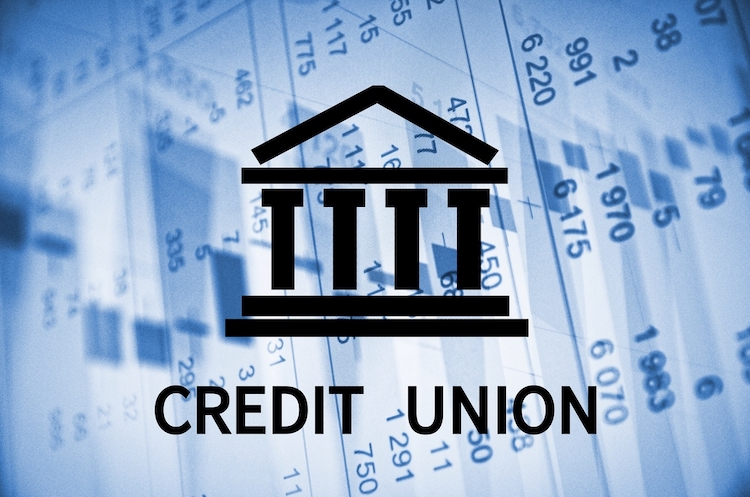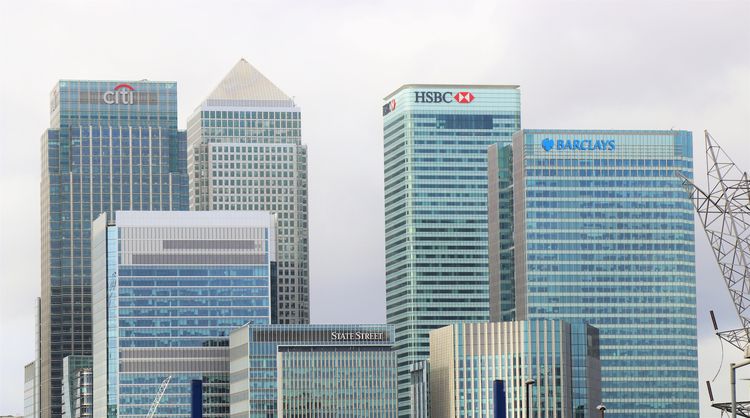Here’s How You Can Still Get A Free Checking Account
There may be no such thing as a free lunch, but there’s still such a thing as a free checking account.
According to the Consumer Financial Protection Bureau, Americans pay $15 billion – not million – in annual checking fees. And a single checking account can come with as many as 50 different fees that you need to keep track of if you don’t want to end up paying a sizable chunk of money to your bank for their checking services.
Here are some ways to find out where free checking still exists, and how you can get in on it.

Joining A Credit Union Could Pay Off
They deserve credit for offering their customers a good deal: Eighty-two percent of the nation’s largest credit unions offer free checking, versus just 38% of banks. In addition, some credit unions, as well as community banks, offer rewards checking that comes with higher interest rates and perks such as fee refunds if you use an out-of-network ATM. Can’t find a local credit union? Check out Pentagon Federal Credit Union (PenFed) and Navy Federal Credit Union, both of which offer checking accounts with minimal fees or no fees at all.
Online Checking Could Be Right On The Money
In general, digital or ‘direct’ banks offer checking services that are free from fees. Axos, a pioneer in digital banking, provides customers with a checking account that carries no overdraft, ATM, or maintenance fees. What’s more, Axos can help you get your paycheck up to two days early, which could come in handy if certain bills come due when money is tight for you. Some large banks, including Discover, Capital One, and Ally also offer free online checking.

Look Beyond Brick-And-Mortar Big Banks
Most large, established, brick-and-mortar banks have monthly maintenance fees for checking, which can end up costing you hundreds of dollars a year. Be sure to read any information provided by your bank regarding changes to their fee structure, as you don’t want any surprises such as monthly fees that suddenly show up on your next checking statement. Bank of America came under fire when it switched some established checking customers over to new accounts that carried a $12 monthly fee, unless they direct-deposited at minimum of $250 per month or maintained a $1,500 balance.
Track Your Checking Habits
Individual banking habits differ. Some people find themselves routinely overdrawing their checking account, while others have never bounced a check in their life. You may find yourself often using an ATM that’s out of your bank’s network, while other bank customers avoid using ATMs unless they’re absolutely in a financial pinch. Maybe you feel that a checking account is an absolute necessity; others might see writing a check as woefully outdated and unnecessary. By tracking your check-using patterns, you’ll be in a position to better assess which bank meets your checking needs. Consider choosing a bank where you can mostly easily avoid fees that pertain to your particular banking habits.
